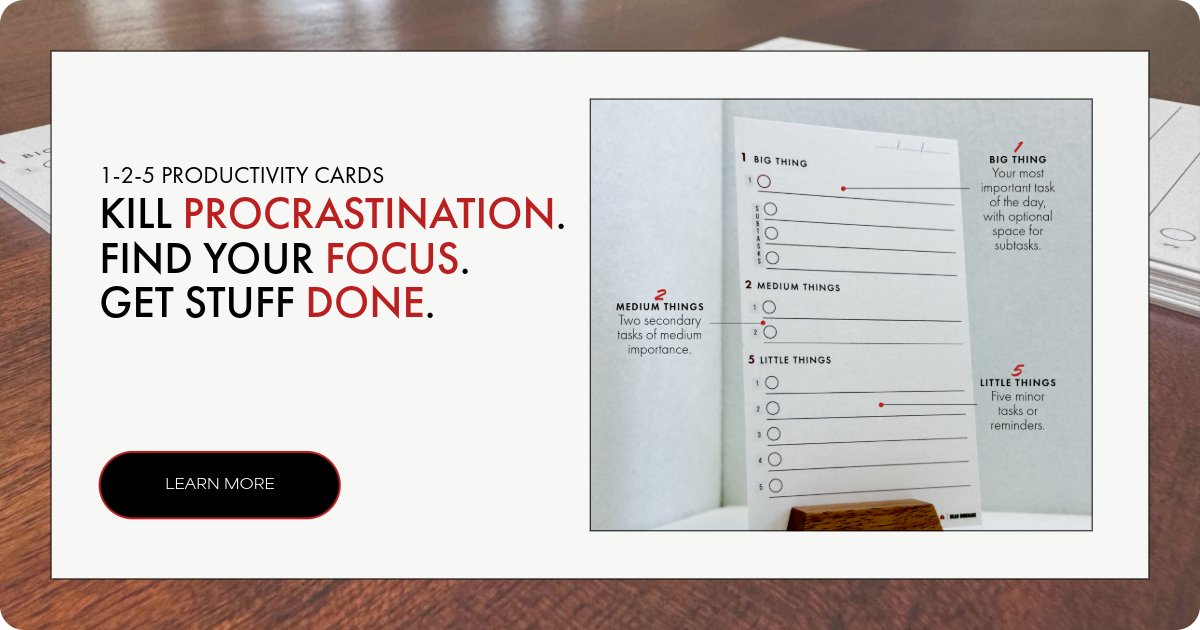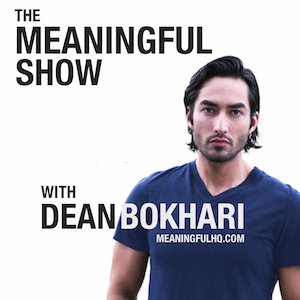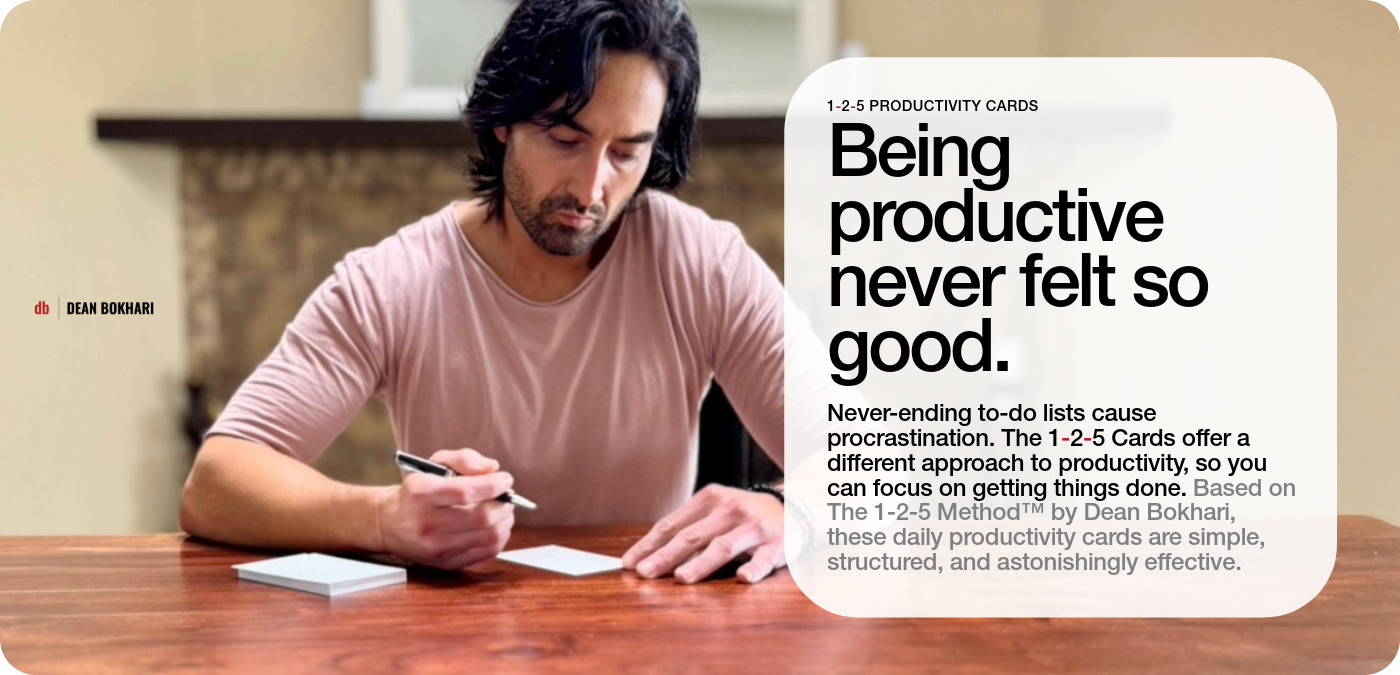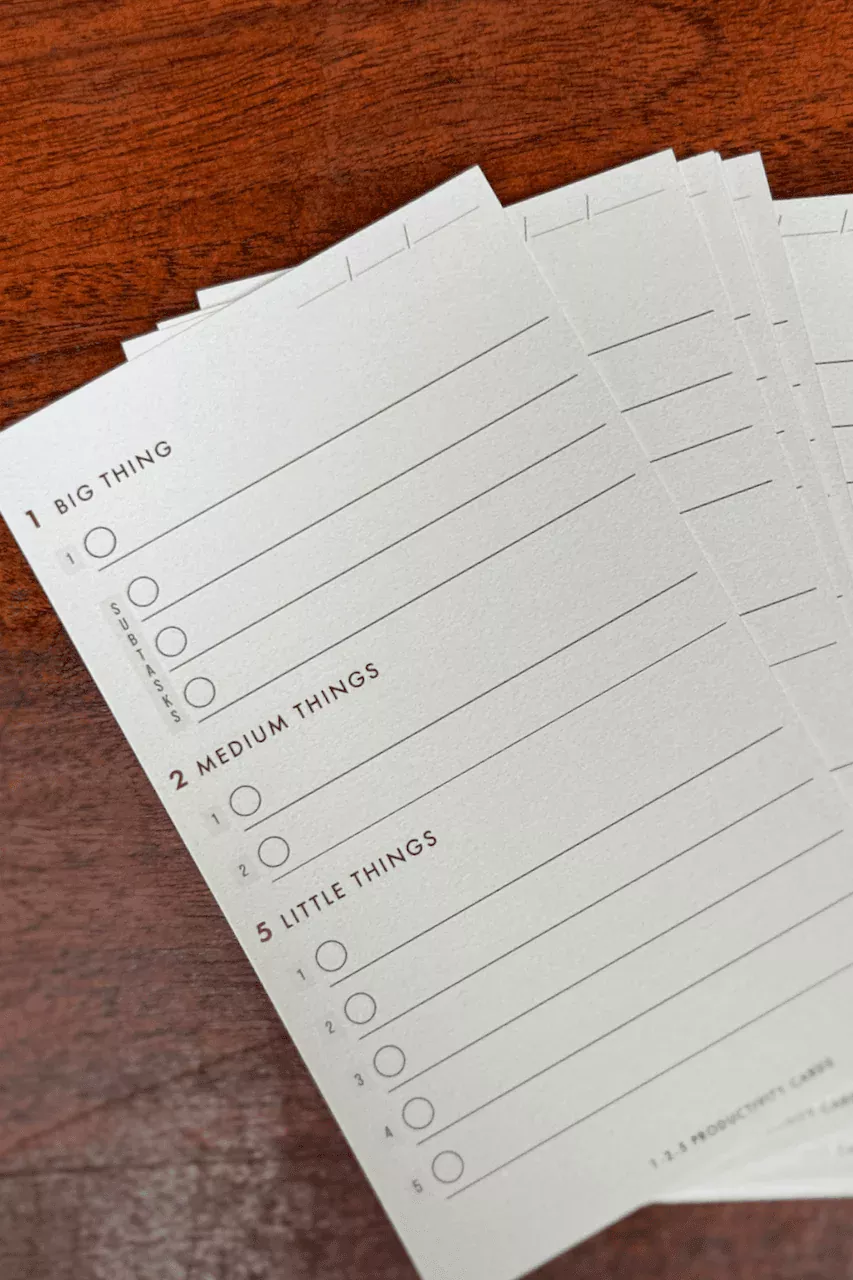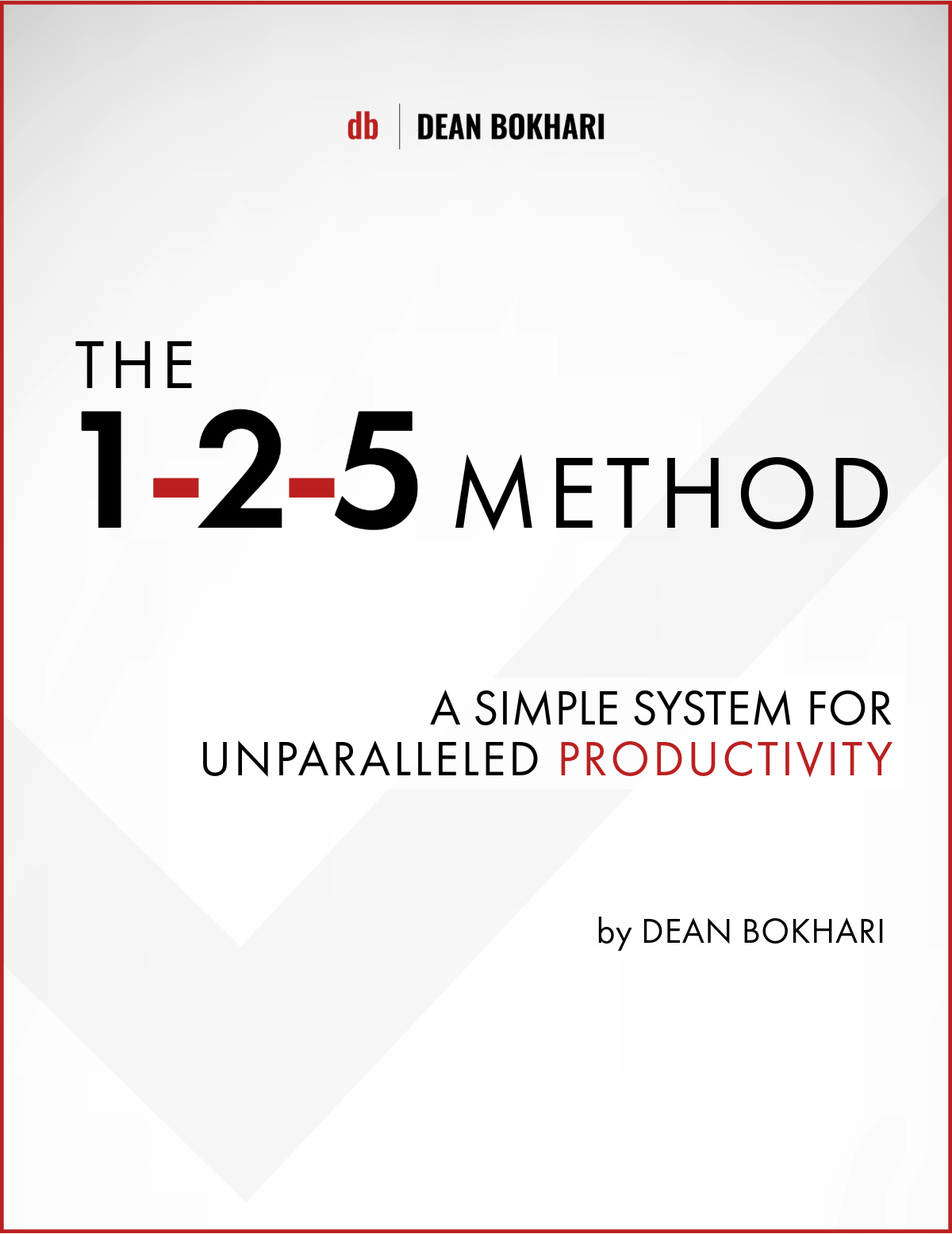Getting Better Sleep : 17 Science-Backed Tips For Getting a Good Night’s Sleep
"I have a quote by Ralph Waldo Emerson by my bed that helps me silence my mind: “Finish every day, and be done with it…You have done what you could – some blunders and absurdities no doubt crept in, forget them as fast as you can, tomorrow is a new day. You shall begin it well and serenely, and with too high a spirit to be encumbered with your old nonsense.” —Arianna Huffington, from The Sleep Revolution
In this article + episode combo, we’ll be covering a science-backed list of Do’s and Don’ts on getting better sleep, inspired by Arianna Huffington’s book, The Sleep Revolution.
Click below to play the podcast-version, or keep scrolling to read the article…
EP139. Getting Better Sleep
1. The first step to getting better sleep is to turn out the lights.
Light is a trigger in our sleep/wake homeostasis, and when the lights are off the body secretes melatonin which aids in falling asleep… and even the light you turn on when you get up in the middle of the night to go to the bathroom can mess with this process (dudes, this is where target practice comes in handy — I don’t have to turn the light on at all anymore when I take a leak! Ha!) Light from a TV has the same effect. Blue light, the sort given off by our ubiquitous electronic devices, is especially good at suppressing melatonin – which makes it especially bad for our sleep. Huffington suggests removing smartphones from our bedrooms at least thirty minutes before we fall asleep.
2. Temperature plays an important role in sleep.
The ideal temperature for sleep is 65 degrees. Too hot, or too cold, and sleep is disrupted.
3. Exercise is also important.
Huffington says it doesn’t matter when or what type of exercise you do, as long as you do it… But this is where we disagree. Studies indicate that it’s actually best to workout in the AM because exercise stimulates cortisol, which is a stress hormone… which means it can keep you up if you work out late at night.
4. There is a clear connection between increased caffeine and sugar intake and decreased sleep.
Even six hours before trying to go to sleep, caffeine can cut sleep.
5. Incorporate relaxing rituals before bed time.
If something helps you feel peaceful and calm, and doesn’t contain caffeine and sugar, it can contribute to better sleep.
6. When it comes to supplementation…
..calcium, magnesium, B vitamins, tryptophan, and melatonin all help with sleep. You can find melatonin naturally in cherries, and in tart cherry juice.
7. Large meals before bed are best avoided,
especially if you have acid reflux. Having irregular mealtimes can interrupt your circadian rhythms and sleep-wake cycle. Huffington also suggests that fatty foods and high-fat diets are no good for those who want to sleep better at night.
8. Alcohol may seem like a good idea for falling asleep—but it’s not.
The problem is that while alcohol may help in the first half of sleep, it can actually disrupt your body from transitioning into the second half of your sleep cycle, which is the part where your body secretes hormones that help your body do things like repair muscle tissue and recover from the basic, day to day stressors we naturally put ourselves through while we’re awake and going about the day.
9. Acupuncture has been very helpful in the treatment of insomnia.
Haven’t tried it myself, but Huffington points to evidence that it works… Try it out! Let me know if it works!
10. Smelling lavender, drinking lavender tea, taking valerian root…
..and increasing GABA (which you can buy in supplement form) in the diet can help. Try different options until you find the ones that work for you.
11. The most common non-medical causes of insomnia are stress and anxiety (a state of hyper-arousal.)
It becomes a self-perpetuating cycle, as lack of sleep increases stress, and stress decreases sleep. Anything that decreases stress can help with this cycle. It may also be worth looking into what your body might be telling you when you struggle to sleep. Maybe there are things in your life that need intervention?—Nothing’s off limits when we’re exploring the causes and solutions for getting the sleep we need.
12. Coming into your bedroom at night should begin the process of leaving the day behind…
..and preparing for a restful sleep. Create a routine that relaxes you and prepares you and your body for sleep.
13. Keep a calm environment…
..and if you wear clothes to bed, Huffington recommends that the clothes are exclusively for sleeping in. (Note: I think this one applies mainly to the ladies, though. Personally, I put on my gym clothes before bed so that I can just wake up and workout as soon as I wake up.)
14. Meditation can be a great way to wind down from the day.
It’s also an excellent strategy to use if you wake in the middle of the night. Instead of becoming stressed about being awake, take time to be grateful, and to meditate. Practice falling asleep with gratitude and blessings on your mind. Remember that sleep is the only way for your body to escape from the cares of the day, find peace, and purify your brain. Accept sleep, stillness and quiet. It’s a journey that takes time and commitment, and every step you take is a good thing.
15. If you can’t fall asleep, don’t flick on the lights or reach for your smart phone.
Instead, try meditating, or reading something relaxing—ideally, from a real, physical book (but an e-reader that’s capable off turning off the blue light that keeps you awake is also an acceptable alternative).
16. Naps are a great mini-vacation that you can incorporate into your daily routine.
I don’t nap at all. I’ve tried. It’s just not my thing. But I do know how good it is for us — it helps our brains function better, enhances creativity, enforces learning, lowers stress, and strengthens the immune system. It can even help to “reverse the hormonal impact of a night of poor sleep.” As soon as you start to feel tired, take a short nap. Not only will it help you through your day, it can actually improve your nighttime sleep. Some corporations are beginning to understand the benefits of napping, and nap rooms in offices are becoming more common. Margaret Thatcher, Charlie Rose, Winston Churchill, Pope Francis, and the Dalai Lama all nap(ped).
17. Traveling and jet lag can put a huge kink in our sleeping habits.
The best treatment for jet lag is fasting – going without food – for 16 hours. This lack of food enables the body to set a new sleep cycle clock. If you do need to eat, keep it to healthy, nutritious foods, and always drink lots of water. Travel with all the things you need for sleep. If you can, schedule an extra day into your trip to rest before beginning activities or work.
Wanna take a deeper dive into the science of getting better sleep? Checkout the full book summary for The Sleep Revolution here.
LIVE LIKE YOU GIVE A DAMN,
Dean Bokhari
- If you find the podcast helpful, please rate + review it on Apple Podcasts »
- Got a Self-Improvement question you'd like me to cover? Submit it here »
"Dean Bokhari's Meaningful Show is the Self-Improvement Podcast I've been
waiting for. It's actionable, inspiring, and BS-Free." —Brett Silo
✨ New Series: How to Become an Early Riser
- Discover key methods to make early rising a habit
- How to wake up early + energized every morning
- Morning routines for health + success
Free self-development courses
👇
Tap on any of the courses below to start learning how to:
- boost your productivity (with GTD),
- get focused (with Deep Work),
- or learn the art of influencing others (with the How to Win Friends & Influence People course.)
All for free.
👇
Free life guides
👇
Best-selling Self-development courses by Dean Bokhari
Kill procrastination.
|
Get stuff done.
|
Get motivated.
|
Connect with anyone.
|
freshly pressed:
Top Audiobooks narrated by Dean Bokhari on audible | |
Book summaries
- The Power of Habit by Charles Duhigg
- 12 Rules for Life by Jordan B. Peterson
- Presence by Amy Cuddy
- Leaders Eat Last by Simon Sinek
- The ONE Thing by Gary Keller, Jay Pasan
- Deep Work by Cal Newport
